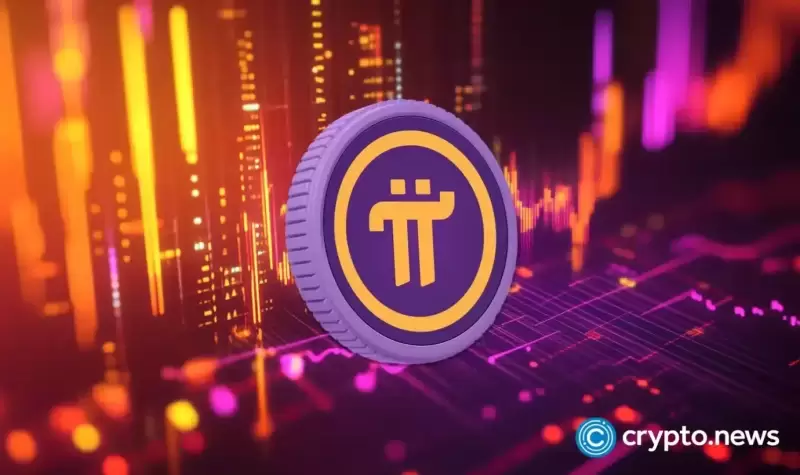 |
|
 |
|
 |
|
 |
|
 |
|
 |
|
 |
|
 |
|
 |
|
 |
|
 |
|
 |
|
 |
|
 |
|
 |
|
Aptos (APT) is a Layer-1 blockchain designed around the core tenets of scalability, safety, reliability, and upgradeability.

Aptos (APT) Key Metrics Q2 2024
Financial Analysis
After peaking in Q1’24 the circulating market caps of BTC and ETH declined by approximately 12% and 6% in Q2’24. APT followed the same trend, albeit more steeply. Its circulating market cap decreased by 53% QoQ to $3.2 billion, while its market cap rank dropped five spots from 22 to 27. APT’s price dropped 58.6%, as token unlocks continued in Q2, detailed further below.
Aptos’ revenue, i.e., all fees collected by the protocol, fell by 17% to $393,400 but increased by 5% when denominated in APT. Q2’s figure was driven by a spike on June 8 possibly due to transactions attempting arbitage on lending via Aptis Finance. Currently, Aptos burns all revenue generated. At the moment, these burned tokens have not significantly reduced inflation.
Aptos staking rewards are inflationary and began at a 7% annualized rate in 2022 and will decrease by 1.5% each year until reaching 3.5%. This yearly change occurred in mid-October, reducing the staking reward rate to just under 6.9%. Note that this rate is based on the initial total supply of 1 billion APT. The APT circulating supply experienced other inflationary pressure coming from genesis supply unlocks. The genesis supply includes the 1 billion APT initially allocated but not staking rewards. By the end of Q2, over 35% of the genesis supply has unlocked— a 15% QoQ increase.
Another 3.4% of APT’s genesis supply is set to unlock in Q3’24:
At the end of Q2, 79% of supply eligible to be staked was staked, a less than 1% QoQ decrease. Note that locked tokens can still be staked and earn liquid staking rewards. In this case, the supply eligible to be staked is APT’s total supply rather than its circulating supply.
Network Analysis
Usage
Network activity, measured by transactions and active addresses, increased in Q1. Average daily transactions and addresses increased QoQ by 474% to 4.4 million and 16% to 135,000, respectively.
In Q2, Aptos saw the highest daily transaction count in the history of Layer-1 blockchains. Transactions peaked May 23-26 (peaking at 156 million on May 25) following the launch of Tapos, an onchain game developer whose first game allows users to tickle a digital cat, with each tickle resulting in one transaction. In late June, Tapos announced plans for a second game which launched in mid-August and led to Aptos topping its previous daily transaction record.
Tapos overtook social media platform Chingari to lead Aptos smart contracts activity, averaging 3.6 million daily transactions in Q2. Meanwhile, Chingari fell to the second spot, averaging 180,000 daily transactions in Q2, roughly the same as what it averaged in Q1. Overall, despite increased transaction activity, the average transaction fee decreased by 86% QoQ to 0.007 APT ($0.001) as the costs of Tapos transactions are low.
Average daily new addresses also increased by 43% QoQ to 63,000. Likewise, the weighted average one month retention rate increased by 9% QoQ to 14%.
Security and Decentralization
Aptos staked grew slightly (1%) to 869 million, but fell by 58% QoQ when denominated in USD to just over $6.1 billion. Regardless of the decline in USD terms, Aptos further secured its place as a top network by staked market cap. As noted above, locked tokens can be staked and earn liquid rewards. Along with Aptos not having a slashing mechanism, staking for the ~64% of APT’s illiquid genesis supply becomes a very attractive option.
Aptos active validators continued to grow, up 6% QoQ to 140. Around 24% of the validators accept in-protocol delegated stake, a feature that launched near the end of April 2023. AIP-50, implemented in the 1.9.0 update, enables delegation pool owners to change their commission rate after creating the pool.
The majority of stake for the other validators comes from out-of-protocol delegation from the Aptos Foundation and private investors’ locked tokens. The Aptos Foundation holds a majority of the total supply between its own allocation and the tokens on behalf of the Ecosystem allocation. As such, it can help distribute stake rather equally among validators. As a result
Disclaimer:info@kdj.com
The information provided is not trading advice. kdj.com does not assume any responsibility for any investments made based on the information provided in this article. Cryptocurrencies are highly volatile and it is highly recommended that you invest with caution after thorough research!
If you believe that the content used on this website infringes your copyright, please contact us immediately (info@kdj.com) and we will delete it promptly.
-

- Trump's New Global Tariff Regime Reshapes Investor Sentiment, Triggering Sharp Corrections Across Risk Assets
- Apr 04, 2025 at 03:00 am
- Market analysts say President Donald Trump's newly announced global tariff regime is already reshaping investor sentiment, triggering sharp corrections across risk assets.
-

-

-

-

-

-

-

-



























































